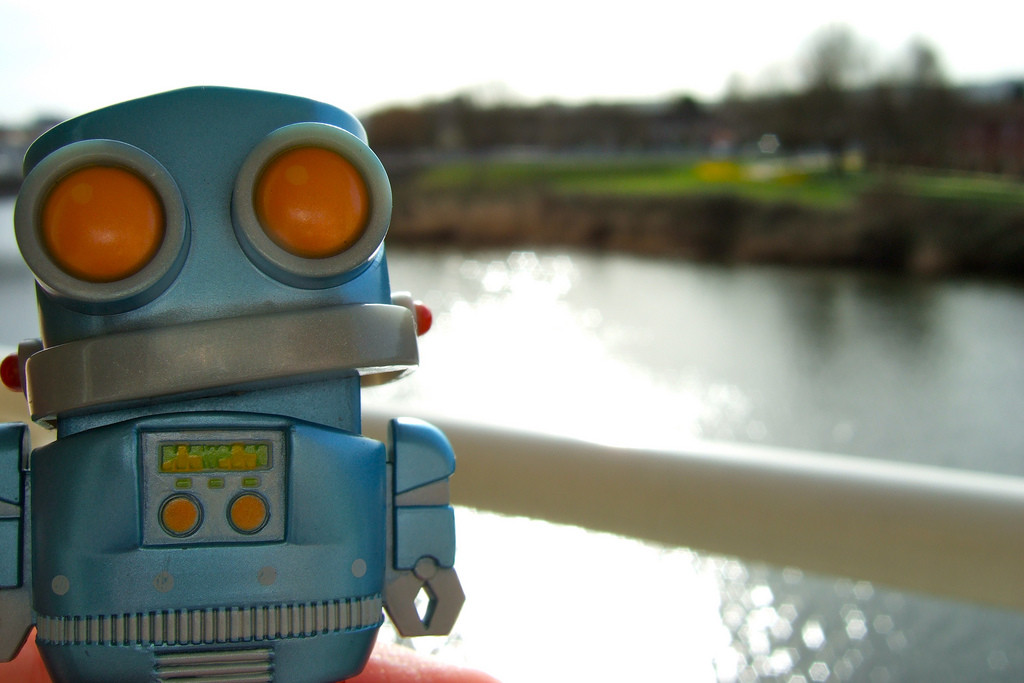The Rise of Distributed Autonomous Companies

David Morris has a thought provoking post about Distributed Autonomous Corporations (DACs) on Aeon:
When everything from your alarm clock to your car is managed remotely through the global network, autonomous cloud robots will run free.
…
DACs should make us think about the immediate consequences of the rapidly accelerating automation of our economic system.
They sound like science fiction, but we may all have DACs soon due to an increasingly complex legal and regulatory environment.
Both people and corporations are forced to operate under more rules and regulations than ever. While advances in technology will enable the creation of DACs, the increase in legal and regulatory requirements may serve as an impetus for their broad adoption.
People are forced to agree to countless contracts buried in the terms-of-service agreements on sites across the Internet and even for physical devices like phones or routers. The domination of the tech landscape by few huge companies makes it impossible to avoid these contracts.
Zoe Keating blogs about this struggle via the extreme demands YouTube has been forcing on independent artists as they roll out their new music service. How should artists cope with these demands? Hacker News commenter dhimes suggests she create a subsidiary corporation. It was my first thought too. In the near future, artists could avoid these headaches and have more time for art if they purchased a personal DAC from some future DAC-as-a-Service vendor.
Companies too are facing increased legal and regulatory pressures in the wake of the Great Recession. They are responding by spending more on Governance, Risk, and Compliance (GRC) products. One can imagine DACs providing a cost-effective opportunity for a corporations to address GRC requirements.
All this talk of capitalism driving the emergence of DACs may seem familiar if you’ve read Accelerando. Stross’ book is science fiction, but as Morris notes, in some ways DACs are already here:
These robots, whether DACs or more centralised systems, are now able to move money around an economy programmatically. They therefore threaten to replace the humans who once made the day-to-day decisions required to run businesses and organisations. Would that be so bad?
They may not be DACs, but algorithms have participated in the economy for years through high-frequency trading, setting airline and hotel prices, and in online ad or retail pricing. But, it isn’t completely accurate to say that DACs or today’s algorithms have replaced humans who once made the day-to-day decisions. Humans define the rules for the algorithms, much in the same way that an overbearing manager would her instruct employees.
If this all sounds scary, Morris does suggest that DACs could end up being a positive force:
The open nature of DACs might allow those who were excluded from traditional entrepreneurial channels to gather capital support for their ideas.
In the end, DACs may be a turbocharger for the tech enabled economic change manifest via Kickstarter, microlending, and the sharing-economy.
Image by John Greenaway